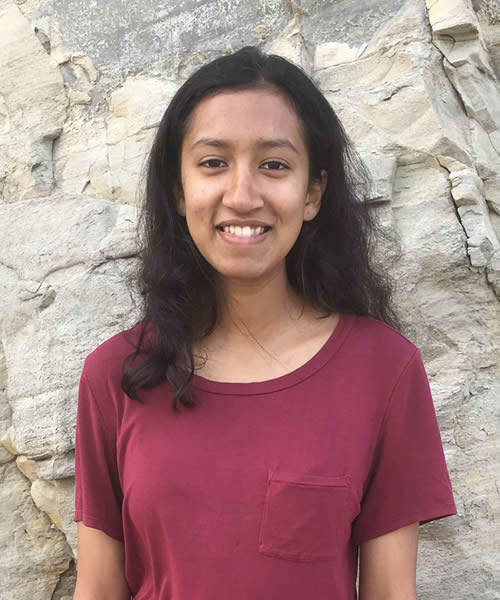During the Easter holiday-weekend in Valparaíso, I witnessed the Vía Crucis (the Way of the Cross), a re-enactment of Jesus’ martyrdom and path to crucifixion through fourteen stations, or places of devotion. At night, community members gathered around a platform where an actor portraying Jesus received his sentence from the Romans. At the end of the sentence, the narration continued, and families marched beside an actress portraying Mary and others as if to accompany Jesus on his path to the cross to which he would be nailed. Food booths and ferias (fairs) surrounded the religious scene; I was unable to tell if people attended because they were religious or for entertainment purposes given that it was a neighborhood event sponsored by the government.
Since I could not understand most of the narration, I relied on my visual and auditory senses instead to process the event. The sight of the Romans flogging Jesus paired with the hard sounds of the whip lashes against Jesus’ back was painful. I took pictures and videos of the Vía Crucis because the emotional imagery moved me and made me think of my own religious education, which lacked the use of dramatics to foster a connection to the stories and texts I learned. Although I now remind myself that in Islam, representations of the Prophet are forbidden because doing so amounts to idolatry, all I could think in that moment was how, for the practicing Christian, an event like this could only help them to find deeper meaning in their Easter activities.
When I moved south to Temuco, I occasionally attended church services with my host family, who are churchgoing Protestant Christians. My host grandpa, who led the service explaining Jesus’ final hours with a pie chart in the form of a clock, asked me one night whether the lecture he gave made sense, and I gave an unconvincing yes. His faith appeared sound and strong, and I wondered if he had the opportunity to see (and take in) a Vía Crucis like I had just a few weeks prior. Because he hadn’t, I pulled out my laptop so that we could watch my recording of the event together, and he simply appreciated the video.
Eventually, I told him that I wasn’t actually Christian but Muslim, which prompted interfaith-like discussions since Muslims constitute a significant minority in Chile. My host family also accommodated my meal schedule as I attempted to observe Ramadan. Living in a city where there are no mosques or a large Muslim community during the month of Ramadan was both a blessing and a curse. On one hand, I didn’t have to deal with the external pressures on or reminders of my faulty spirituality when seeing extensive acts of devotion performed by others. On the other hand, I remembered that experiencing journeys with other Muslims made Ramadan less lonely, more accountable—more joyful.
But I wasn’t alone, as my host family, who strove to learn about my faith, allowed me to reflect on my concerns about spirituality with them. My attempts at restoring some of my spirituality by fasting and praying in the Islamic way sparked conversations that reminded me of Ramadan’s purpose: to strengthen your faith, with perhaps no one way of doing so. My host mom, who looked up things online to understand her host students, raised the uncomfortable but all-too-real occurrence of how fasting can feel meaningless for some people. What is the point of fasting or praying if you do not feel any personal connection to the practice? In my mind, doing both of these things emptily was better than doing absolutely nothing if I wanted to seguir adelante (go ahead) and make a step forward in my spiritual path. Sharing our individual faith journeys, we concluded that navigating periods of wavering faith is difficult, period, but that we should take comfort in always being heard and that we must be willing to keep trying. While not particularly Islamic in form, participating in church services and having interfaith-like conversations allowed me to keep in touch with my spirituality where I did not think I would.

